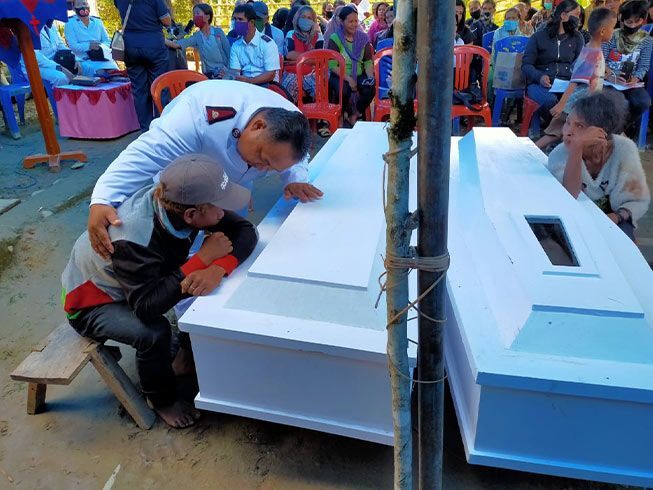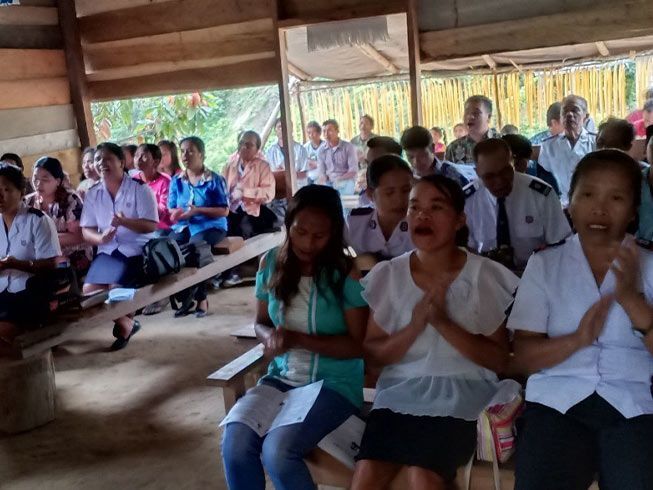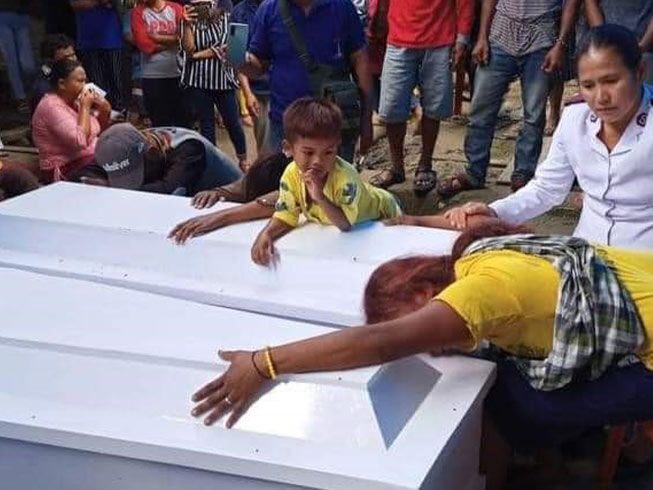Four Christians were killed, one beheaded, in a brutal attack by Islamist militants on a church and homes in a remote Christian community and Salvation Army post on the Indonesian island of Sulawesi on 27 November.
In the raid on Lemban Tongoa, in Central Sulawesi, a gang of around ten militants armed with guns and knives beheaded one victim, slit the throat of a second and broke the neck of a third. A fourth victim was burnt to death. All four of the adult victims were church members and belonged to the same extended family.

The terrorists also razed the church building and set six village homes on fire.
A number of local residents, some injured, fled into the forest to escape the attackers. Their whereabouts remain unknown at the time of writing.

Regional contacts report that the attack was perpetrated by the East Indonesia Mujahidin (MIT), led by Ali Kalora. The extremist Islamist terror group was previously active in violent anti-Christian attacks in neighbouring Poso Regency.
Police have launched a major investigation and are pursuing the militants, a task which is anticipated to be made more difficult and hazardous by the remoteness of this densely-forested, upland region in Sigi Regency.

A Barnabas contact requested prayer for the survivors and the relatives of the murdered Christians. “Please also pray for the safety of police and security personnel and that the perpetrators will be captured quickly,” he added.
“The security situation has deteriorated since extremist cleric Rizieq Shihab, in exile in Saudi Arabia for the past three years, recently returned to Indonesia,” explained a regional expert. Shihab founded and leads the Islamic Defenders Front (FPI) which is seeking to establish an Islamic state in Indonesia. Home to the world’s largest Muslim population, the country has seen a rise in hard-line Islamic ideology in recent years. A generation ago, Muslims and Christians lived peaceably as equals in accordance with Pancasila.
From Barnabas Fund contact
Indonesia









